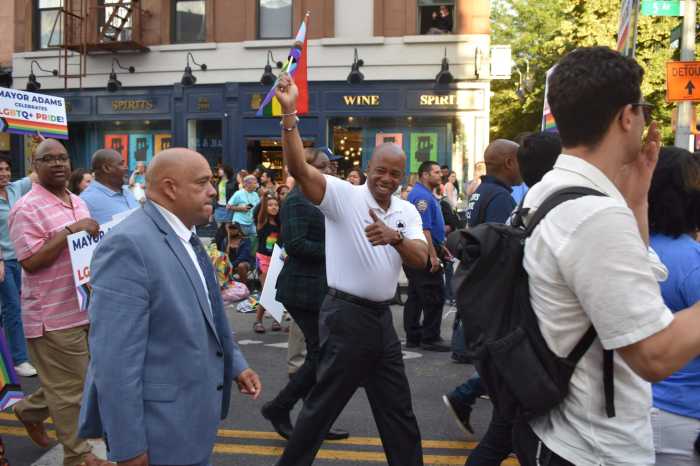The game is in full gear for developers who want to win one of NYC’s coveted casino licenses—a victory that many sources say could bring a host of economic benefits to the metro area.
Possible casino sites in the Big Apple stretch from Midtown Manhattan to Citi Field in Queens and other locations in between. However, with only three licenses available, candidates are stressing the positive economic impacts that their proposals would have on communities throughout NYC.
For example, Mets owner Steve Cohen said last year he would build a $163 million “community impact fund” to benefit nonprofits in Queens, while other contenders have proposed more green spaces and other features to make their gaming concepts more attractive to New Yorkers.
However, experts say it is not only about jazzing up casinos with fancy features and amenities to make their bids more appealing. The benefits of full-scale casinos in NYC can go beyond the city limits.

The gaming industry has had a massive impact on the U.S. economy. According to a 2023 American Gaming Association study, the commercial and tribal gaming industry brings in $328.6 billion annually to the U.S. economy. This includes $52.7 billion in tax revenue to federal, state and local governments.
Bidders have until June 27 to send their applications to Community Advisory Committees (CACs) and New York’s Gaming Facility Location Board, kicking off the next step in the downstate casino-licensing process.
Local benefits of full-service casinos in NYC
When the Gaming Facility Location Board issued in 2023 a request for applications to develop and operate a gaming facility in the downstate area, officials cited fiscal benefits to the Empire State.
“Revenue from new gaming facilities is expected to generate substantial fiscal benefit to New York’s public schools, local governments and problem gambling treatment services,” the board wrote in a Jan. 3, 2023, letter to applicants. “The jobs created by these casinos must deliver livable wages to help families live, stay and prosper in New York.”
State Sen. Joseph Addabbo, Jr. (D-Queens), who runs the chamber’s Committee on Racing, Gaming and Wagering, said the opening of one, two or three full-service casinos in NYC would be a boon for jobs, both long-term construction and permanent positions in the city.
“There are positives,” he said. “The opportunity that any elected official has to create thousands of union jobs for their constituents, whether it be construction or post construction, each site brings with it thousands of construction jobs, and then post construction, maybe two, three years later, thousands more of hospitality union jobs.”
Gaming in general brings into New York about $4 billion for education each year, Addabbo said.
“This would be more revenue for the state and city in incidental or direct revenue, and of course, funding for education,” the state senator explained. “These are some of the positives of casinos.”
Like many New Yorkers, Addabbo is curious to see where the casinos will land in the downstate region. But no one will know until an arduous review process is completed before the Gaming Facility Location Board is scheduled to make its decision by Dec. 1, 2025.
Resorts World NYC, which offers slots and electronic games in Jamaica, Queens, is also vying for a downstate casino license, which would upgrade its entertainment center to include card games.
Rob MacKay, director of the Queens Tourism Council, said Resorts World has been a beneficial commercial neighbor in Queens since it opened around 15 years ago.
He explained that casinos are taxed at a high rate.
“That’s a way politicians can raise money without having to raise taxes on people,” MacKay said. “They can tax these guys, and the result is, in the case of Resorts World, has been incredibly generous in Queens. They give a lot of money to nonprofits. Their employees sit on the boards of a lot of nonprofits.”
There is an on-site hotel at Resorts World and potentially at other proposed casinos, which provides a ripple effect of economic buzz.
“The economic development of the hotel, besides the jobs there, it often means taxi cab drivers, restaurants and other amenities are used,” MacKay explained.
With three downstate casino licenses available, NYC is at the center of it all. But the field of players in the highly competitive bidding war is getting leaner as some bidders, who were once enthusiastic about their projects, left the game.
Recently, Related Companies and Wynn Resorts announced that it was ending their bid to bring a gaming facility to Hudson Yards, citing that there are uses for their capital that are “more accretive” to their shareholders.
In Long Island, Las Vegas Sands pulled their bid at the Nassau Coliseum.
Meanwhile, casino contenders, in addition to Cohen at Citi Field, are bidding for sites in NYC that include Times Square, Coney Island, Freedom Plaza and the Bronx.
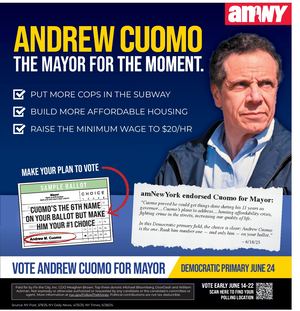


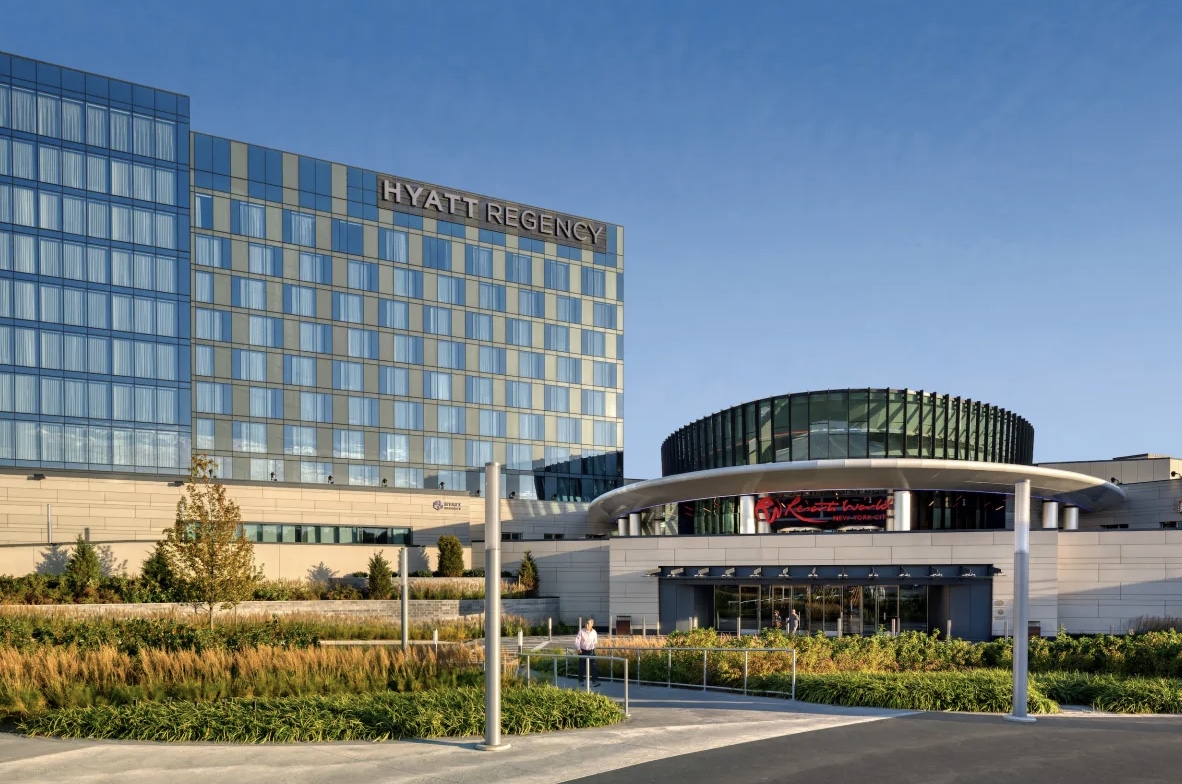
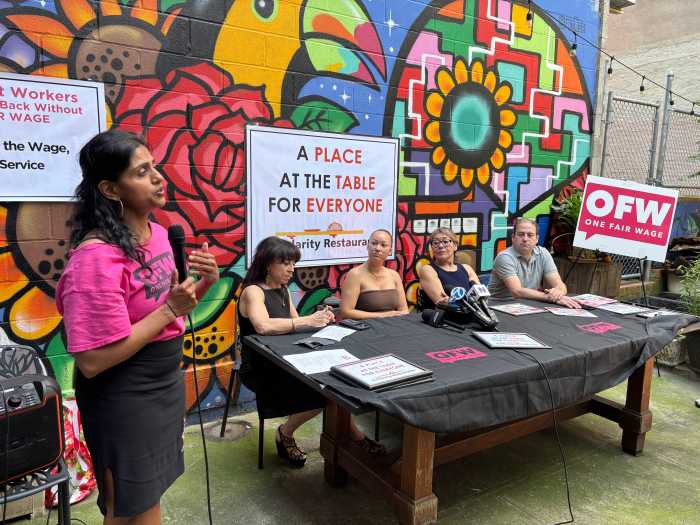
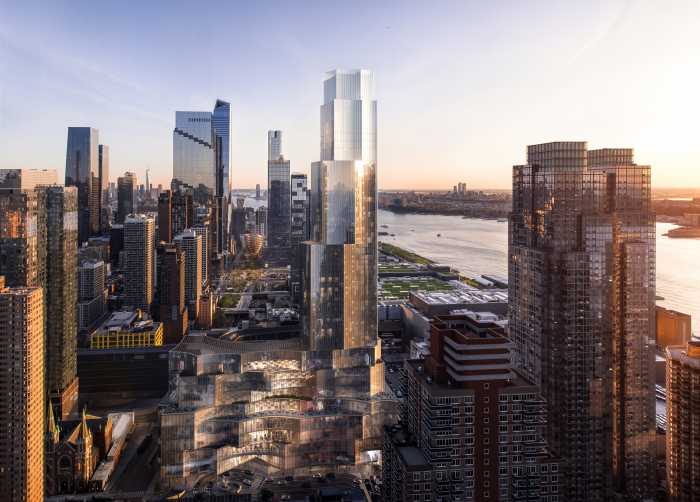
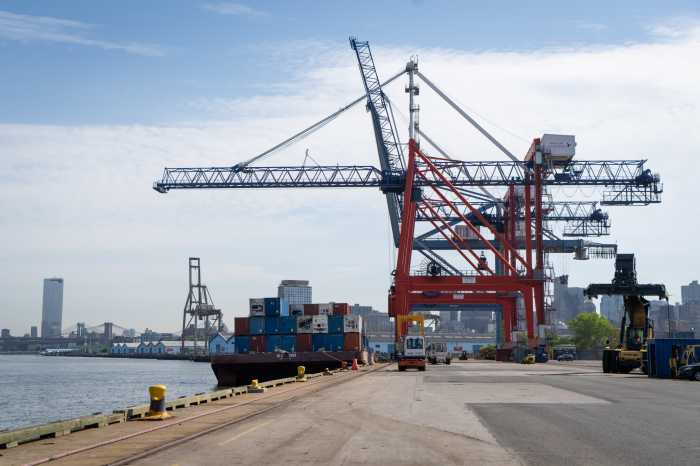
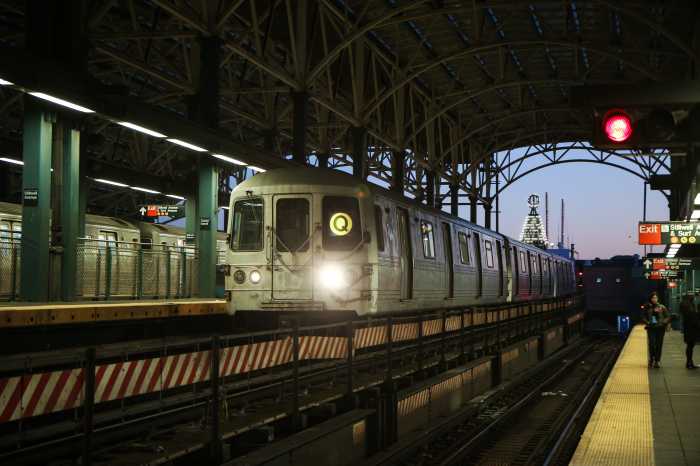




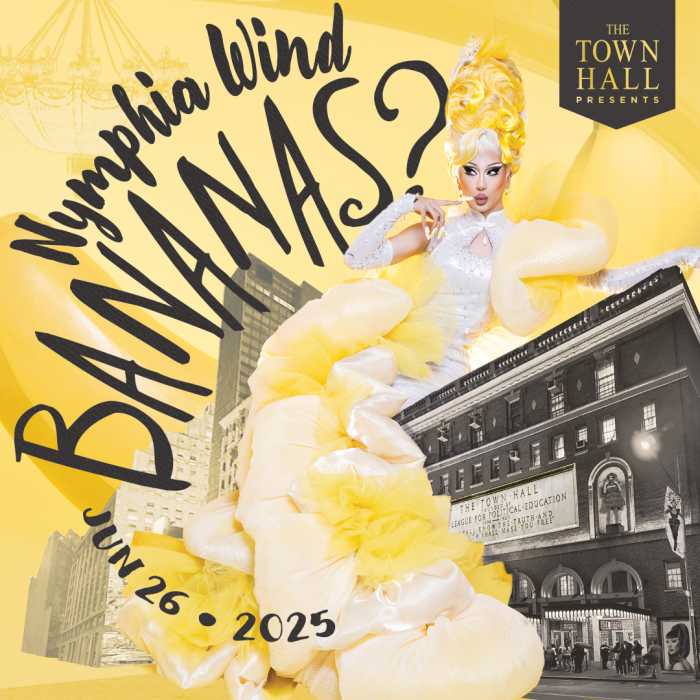



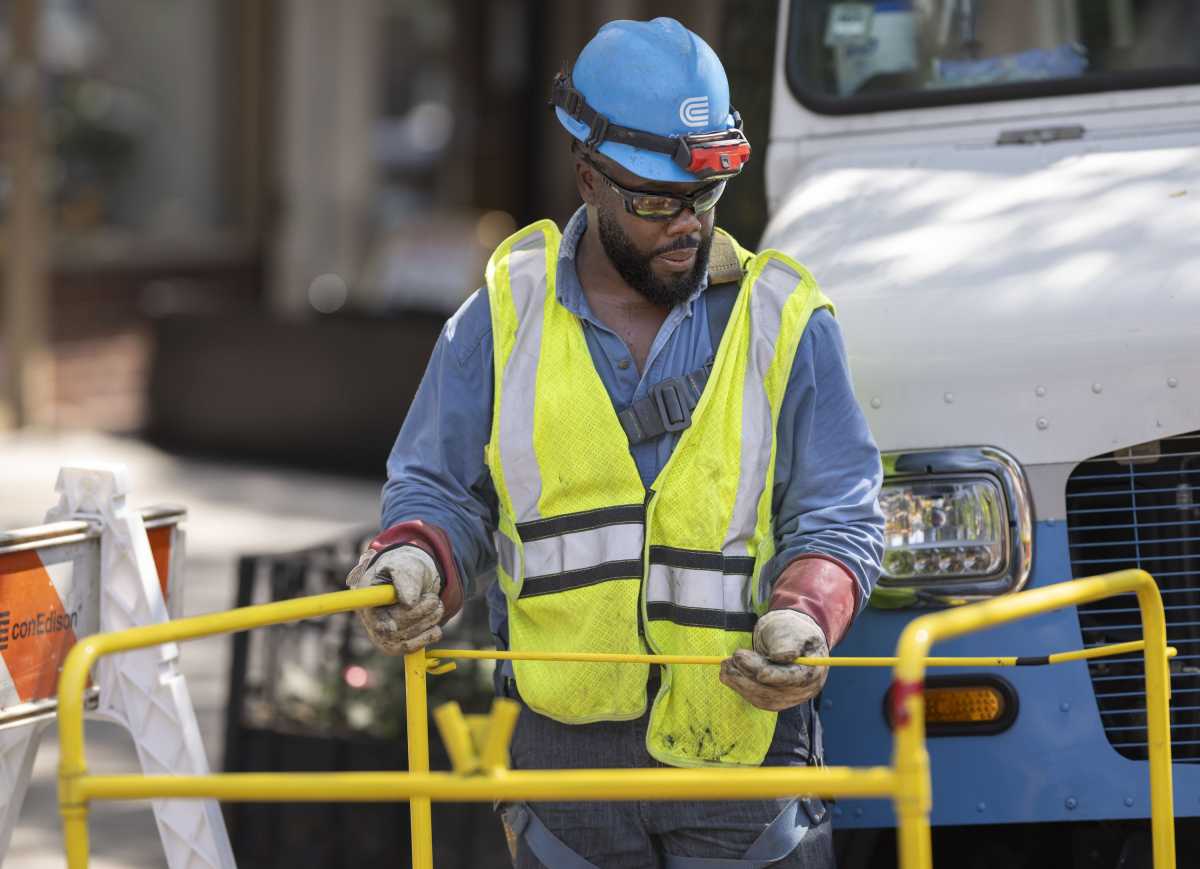







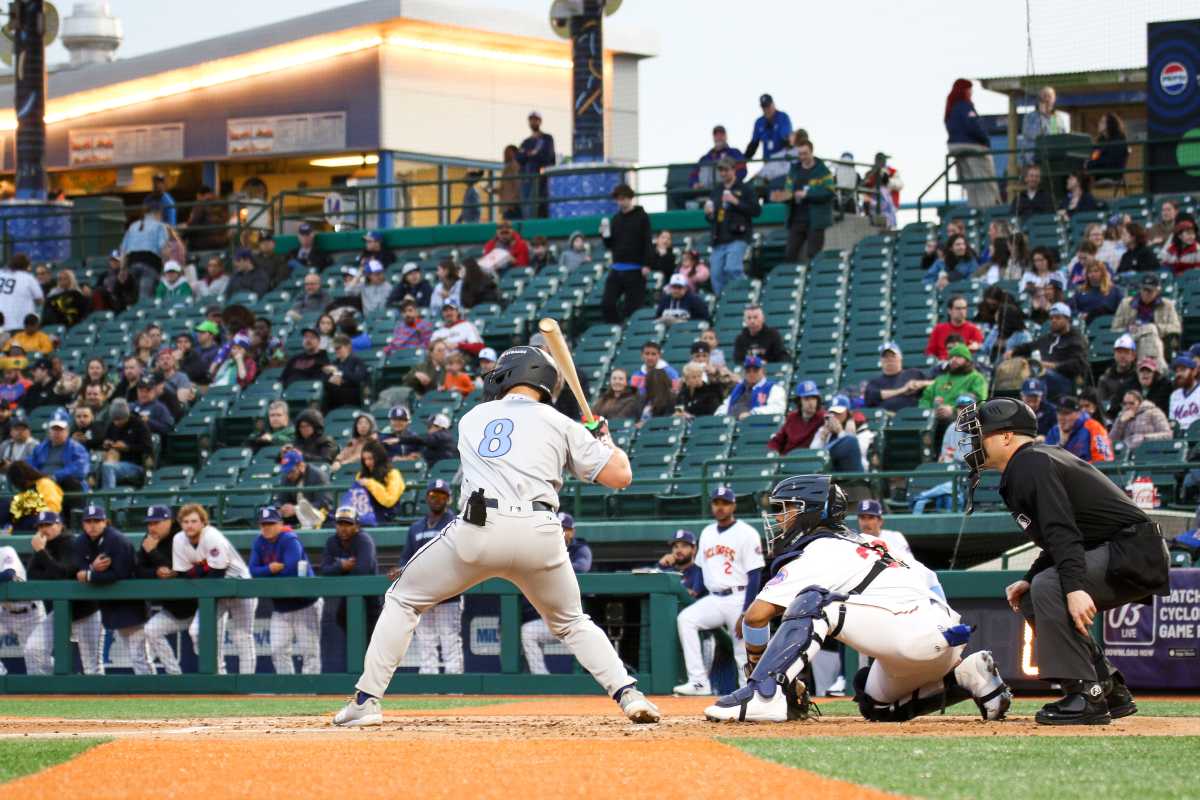



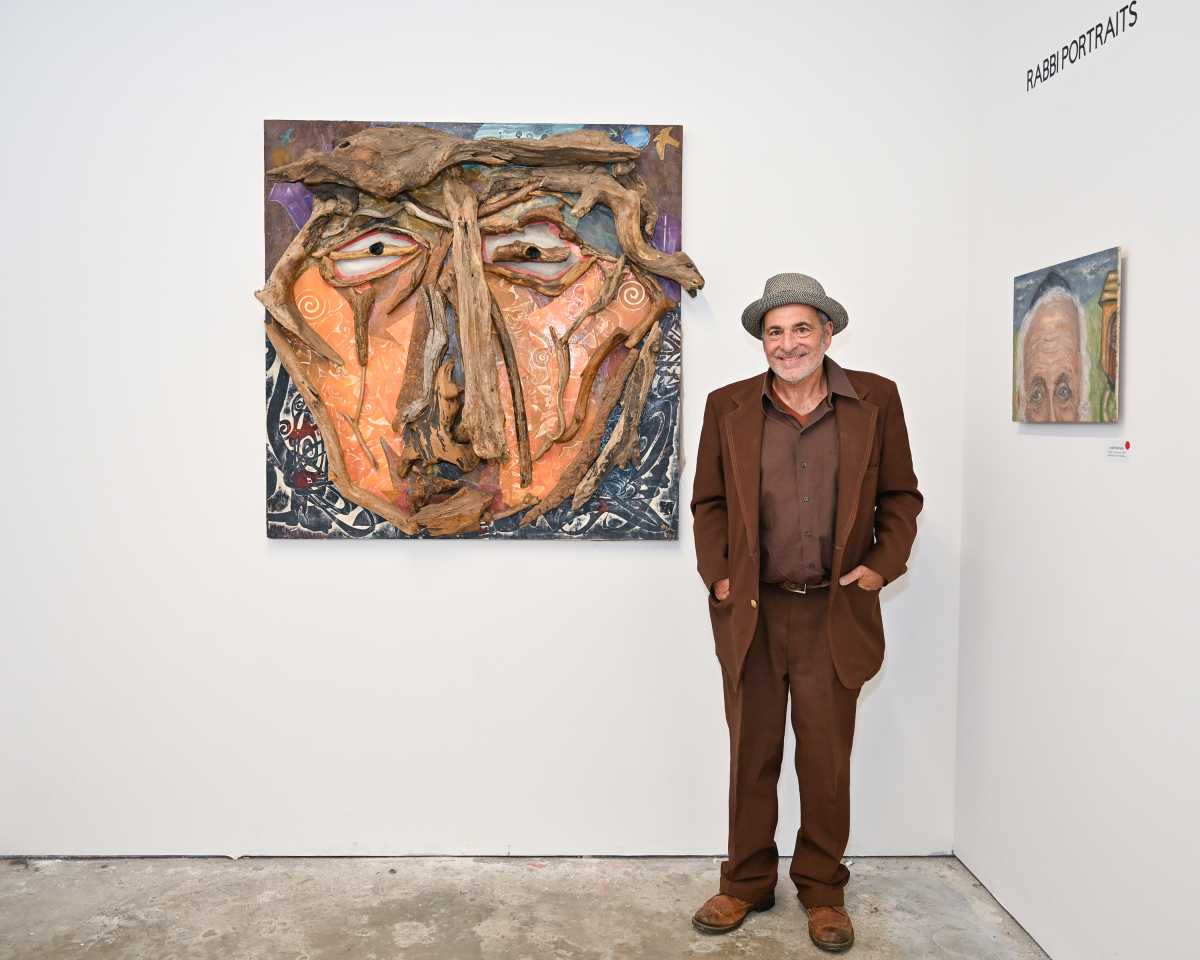



![image00003[1]](https://www.bxtimes.com/wp-content/uploads/2025/06/image000031.jpeg?quality=51&w=560)


